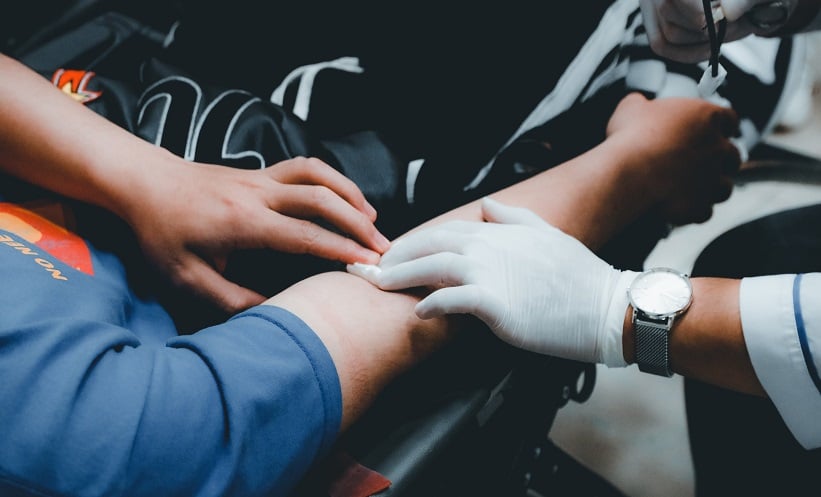ORAL antiretrovirals are effective at keeping HIV levels under control; however, it can be difficult to adhere to a daily medication regimen, and lifetime usage can result in long-term side effects and accelerate the development of antiviral drug resistance. As an alternative approach, research has focused on broadly neutralising anti-HIV antibodies (bNAbs). Findings indicated that treatment with a single bNAb achieved only limited success in keeping virus levels low. This was attributed to bNAb-resistant HIV already existing or emerging in the patients. To overcome the limitations of single bNAbs, a group from the National Institute of Allergy and Infectious Diseases (NIAID) Laboratory of Immunoregulation has tested a dual combination of bNAbs.
Between September 2018 and January 2021, a two-component clinical trial was conducted by the team. The Phase I component was a randomised, placebo-controlled trial involving 14 people diagnosed with HIV who had started taking antiretroviral therapy during the early phase of infection. The participants were taken off antiretrovirals shortly after receiving the first infusion of either the two bNAbs or a placebo. Up to eight bNAb or placebo infusions were received by the individuals: two in the first month and once monthly thereafter for 24 weeks. Every 2 weeks, HIV levels and CD4 T cell counts were measured.
The objective was to determine whether dual combination bNAbs could suppress HIV in the absence of antiretrovirals. None of the seven participants who received bNAb treatment were required to restart antiretroviral therapy before 28 weeks post-infusion compared with approximately 86% (n=6/7) of the individuals who received placebo. Furthermore, the median duration of time off antiretrovirals was 39.6 weeks in the bNAb group and 9.4 weeks in the placebo group.
The second component involved bNAb infusions in five study participants who were not taking antiretrovirals but will maintain a low level of HIV. In this case, 40% (n=2/5) of the study participants maintained complete suppression of HIV for an average of 41.7 weeks following treatment with the bNAbs.
Overall, the authors concluded that treatment with two bNAbs, each targeting different parts of the surface of HIV, could be highly effective in suppressing the virus in the absence of antiretrovirals for prolonged periods. Going forward, larger studies are necessary to confirm these findings.








